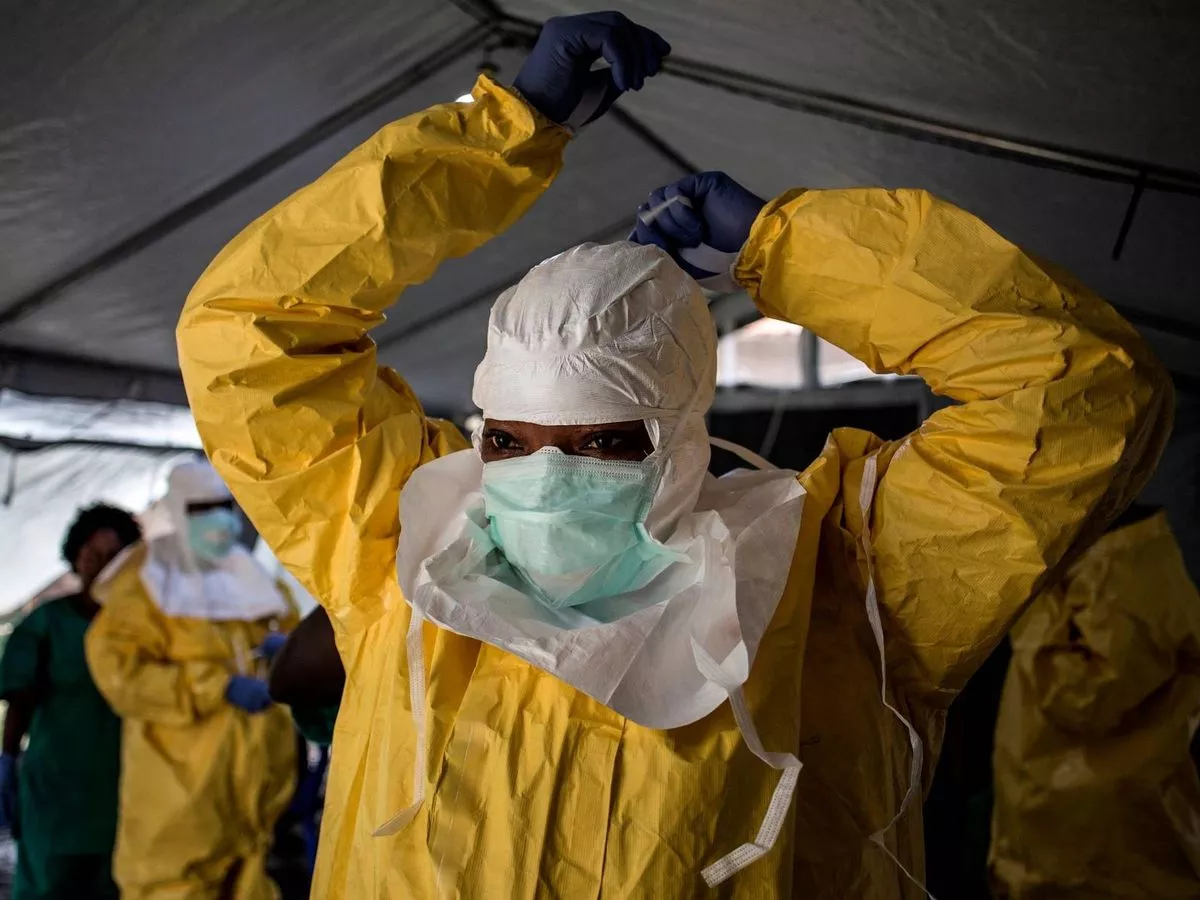By Claudia Trotman
Copyright dailystar

New health warnings have been popping up around the world as a new Ebola outbreak has swept across the Democratic Republic of the Congo. So far, 37 confirmed cases and 19 deaths have been reported as of September 18 during this outbreak. While the virus mainly affecting African nations might seem faraway for Brits, several warnings have been issued recommending that travellers to the affected health zones avoid contact with ill people and monitor themselves for symptoms of Ebola while in the outbreak area and for 21 days after leaving. Currently, no cases have been detected in the UK – but future travel could change for holidaymakers. The US have recently experienced a wave of travel warnings from the Centres for Disease Control and Prevention, with UK expected to follow similar advice. Marburg virus disease (MVD), related to Ebola, is thought to be the specific illness caught. MVD, which is mostly fatal is sometimes known as “bleeding eye disease” because it damages people’s blood vessels, causing them to bleed from various orifices including their eyes. According to the NHS, Ebola is a severe and uncommon infection typically found in specific regions of Africa. The virus can be contracted through contact with the bodily fluids of an infected individual or wild animal. This means that anyone entering the UK coming from the zones where ebola is active will have to take extra precautions to avoid spreading the illness. Objects contaminated with an infected person’s fluids can also spread the disease. These items include bedding, utensils, clothes and medical equipment. Transmission has also been reported through sexual contact. Initial symptoms are flu-like, but can later develop into blood shot eyes, severe vomiting, diarrhoea and eventually brain inflammation. Those infected may observe blood in their faeces, extensive bruising across the body, and bleeding from the ears, eyes, nose, or mouth. The Democratic Republic of the Congo’s most recent Ebola outbreak occurred in the north-western Equateur province in April 2022. It was swiftly contained within less than three months due to the vigorous efforts of health authorities. Since the disease was first identified in 1976, Congo has experienced 15 outbreaks in total. Dr Mohamed Janabi, WHO Regional Director for Africa said: “We’re acting with determination to rapidly halt the spread of the virus and protect communities. “Banking on the country’s long-standing expertise in controlling viral disease outbreaks, we’re working closely with the health authorities to quickly scale up key response measures to end the outbreak as soon as possible.” For the latest breaking news and stories from across the globe from the Daily Star, sign up for our newsletter by clicking here .



